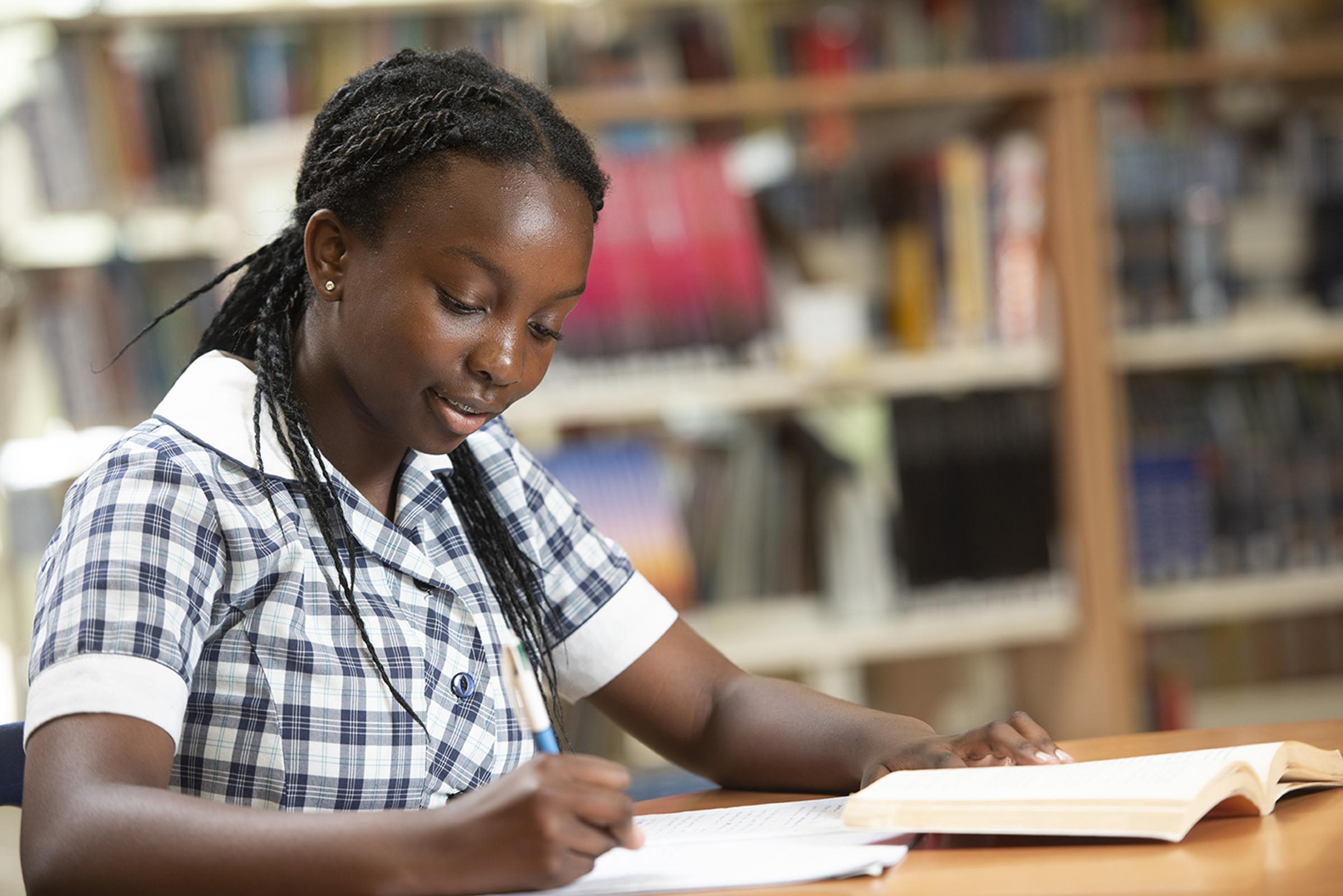Year 7 Program - Semester Two

*
English
In Semester 2 students study various myths and legends and their cultural importance. They develop their knowledge of narrative structure and narrative features to make evaluations about the purposes and themes of these important stories. Students develop their research skills with an information report on a myth or legend of their own choosing and then apply this knowledge to interpreting a First Nations creation myth to test their comprehension, inferential and evaluative skills.
Students follow this up in Term 4 with a study of ‘Percy Jackson and the Lightning Thief’ which incorporates many of the narrative features of Greek myths. They also develop a deeper critical understanding of how storytellers influence audiences by comparing how writers explore narrative features through description, with directors who explore them through film techniques. Students use formal language and knowledge of structure and style to construct an explanatory oral presentation on the film as well as an argumentative essay that justifies their opinions with solid evidence and explanation.
Mathematics
In Year 7 Mathematics, students will be using an online learning environment to support their individualised development. This online learning environment is called Maths Pathways. Maths lessons will be tailored precisely to what each individual student is ready to learn. Students will be filling in gaps in prior learning or working on extension activities. As part of the curriculum, students will be involved in a learning cycle which lasts for a fortnight. In each learning cycle, students work on their own program along with engaging in Rich Tasks, which have a focus on problem solving and real world applications. Rich Tasks will either be individual tasks or activities that require students to work in small groups. They will focus on building a growth mindset towards their maths learning. Towards the end of each term, students will also participate in a Rich Project Task.
Inquiry
Students will explore the key question ‘How can groups impact of society?’. Initial explorations of different groups in society will expose students to a wide range of possible answers to this question. Explicit skills such as question writing, research and data gathering and visible thinking routines will be taught. Students will then enter into an Inquiry process to answer the key question via an area of personal interest. The completion of a common assessment task at the end of the unit will give students an opportunity to showcase their learning. The unit concludes with a reflection phase where students critique their approaches to learning with the goal of future improvements.
Humanities
In Term Three students begin developing their knowledge of economic theory by examining the role of consumers and producers by looking at the impact supply and demand has on them. Students will also begin developing an understanding of key financial literacy skills involved in a business such as the development of financial goals, records and planning as well as business management practices that can drive the success of a business.
In Term Four students explore the key features of Australian government and democracy in the Civics and Citizenship unit through a focus on current world events. As part of this unit students will be examining the key features of democracy such as the separation of powers, levels of government, role of parliament, the constitution and law of Australia as well as how changes are made to these areas. They will apply their understanding of these features to current world events and making comparisons with other democracies and governments such as the United States. Student will begin utilising comparative, research and analysis of cause and effect skills as part of the Civics and Citizenship unit through a portfolio of tasks.
Science
Students will focus on understanding the vital resources that our Earth provides. The longevity (or otherwise) of renewable and non-renewable resources will be investigated. Students will also look at water in more detail as both an important example of an essential resource that cycles through the environment, as well as a resource that is significantly affected by human activity.Students explore the three laws of motion that govern how objects move on Earth and in space. Through an exploration of simple machines they conduct investigations to determine the effects of applying different forces to everyday objects.
Physical Education
Students continue to participate in Physical Education classes to assist in building confidence and developing skills and abilities in a supportive and positive environment. They participate in a range of administrative and leadership roles including; manager, coach, captain and umpire during sports such as basketball. Students develop their understanding of the number of roles required in a sporting environment. They build on their knowledge and ability to demonstrate concepts such as drawing a defender, passing to advantage and marking a player. They develop an understanding of effective feedback and associate responses of the body systems with practical actions to develop an understanding of physiological reactions to physical activity.
Health
Students explore the changes associated with adolescence, including the identification of the physical, emotional and social changes that occur during puberty. They compare the roles and responsibilities of friends and family and explore the meaning of respectful relationships. Students investigate forms of bullying and study short and long term effects of risk-taking behaviours. They explore the benefits of physical activity and diet and how these elements positively influence physical and mental health.
